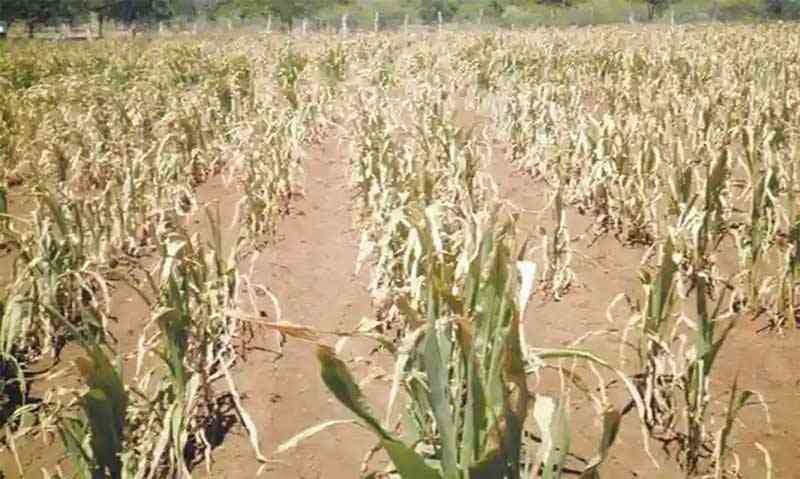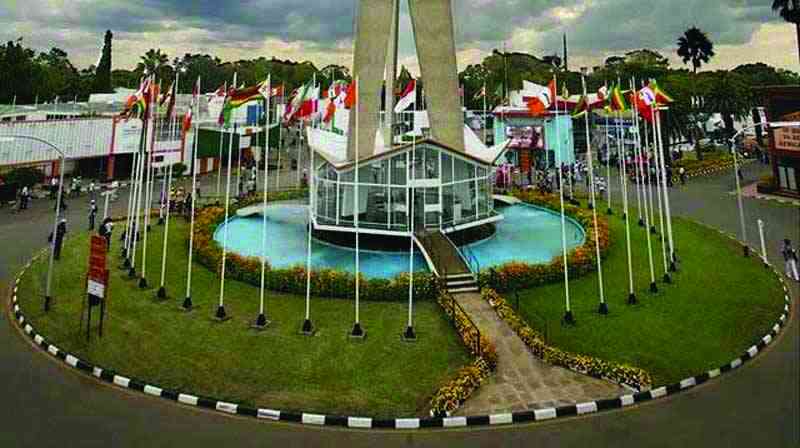
The reluctance by authorities to act before disasters strike has always ended with catastrophic consequences. A case in point was Cyclone Idai in 2019, whose devastating effects saw Zimbabwe lose hundreds of innocent lives.
Predictions of shattering storms had been made weeks before Idai tore through Zimbabwe. Instead, authorities ignored the warning and failed to evacuate thousands of villagers in time. They chose to act only after hundreds had been swept away.
Idai was not the only case where shocking levels of laxity ended with avoidable deaths. A decade before in 2009, 4 000 Zimbabweans perished in 98 500 cholera infections. The epidemic served as a reminder that in many cases when calamity strikes, millions of Zimbabweans are on their own. The government failed to provide the most basic requirement to save lives – sanitation.
It is with this in mind that we found it imperative to remind government that a far bigger crisis is looming. Following a disastrous 2023/2024 rain season, ministries with the mandate to organise and procure grain must act immediately. Humanitarian organisations have indicated that the El-Nino induced drought has left up to 4,4 million people, including 1,7 million children, in need of food assistance. Nearly one million people, including about 500 000 children, require safe water for drinking and domestic purposes. This is not a small number, especially considering that Zimbabwe is already battling an economic crisis.
Last week, farmers’ leaders warned that the 2023/2024 maize crop is a complete write off. Over 1 500 cattle had perished by December last year, mostly in the drought prone Matabeleland and Midlands provinces. Water reservoirs have dried up, and concrete plans must be immediately put in place to save the remaining livestock. If authorities sleep on the wheel again, far worse problems will cripple the economy.
It is normally easy to ignore the effects of drought on wild animals, which in good times attract tourists remitting up to US$3 billion to the country yearly. But as we report elsewhere, wildlife experts are already unsettled.
They have warned that crises spanning from an escalation of deaths due to shrinking pastures are on the way unless action is taken. In the midst of these sombre statistics, authorities have been in denial.
They slammed the Grain Marketing Board when it warned that granaries were empting fast and may run dry by April/May. The good thing is that reality appears to be sinking in now.
- Matiza’s widow in estate wrangle
- SA insurer targets Zim after US$2.4 million payouts
- Addressing climate change the green building way
- Hit hard by storms and forest loss, Zimbabweans building stronger homes
Keep Reading
But just acknowledging that Zimbabwe is at the threshold of a food crisis is not enough. Strenuous efforts to mobilise food imports must begin.
Procrastination will only worsen the situation.
High spending authorities must begin serious cutbacks to a range of luxuries, including expensive globe-trotting adventures and spending on fast cars.
This is not time for needless extravagancy. If Zimbabwe’s resources are equitably shared, disaster may be averted.
But decades of theft and impunity have created zones of untouchable elites, who swim in luxuries when millions are dying of hunger and disease.











